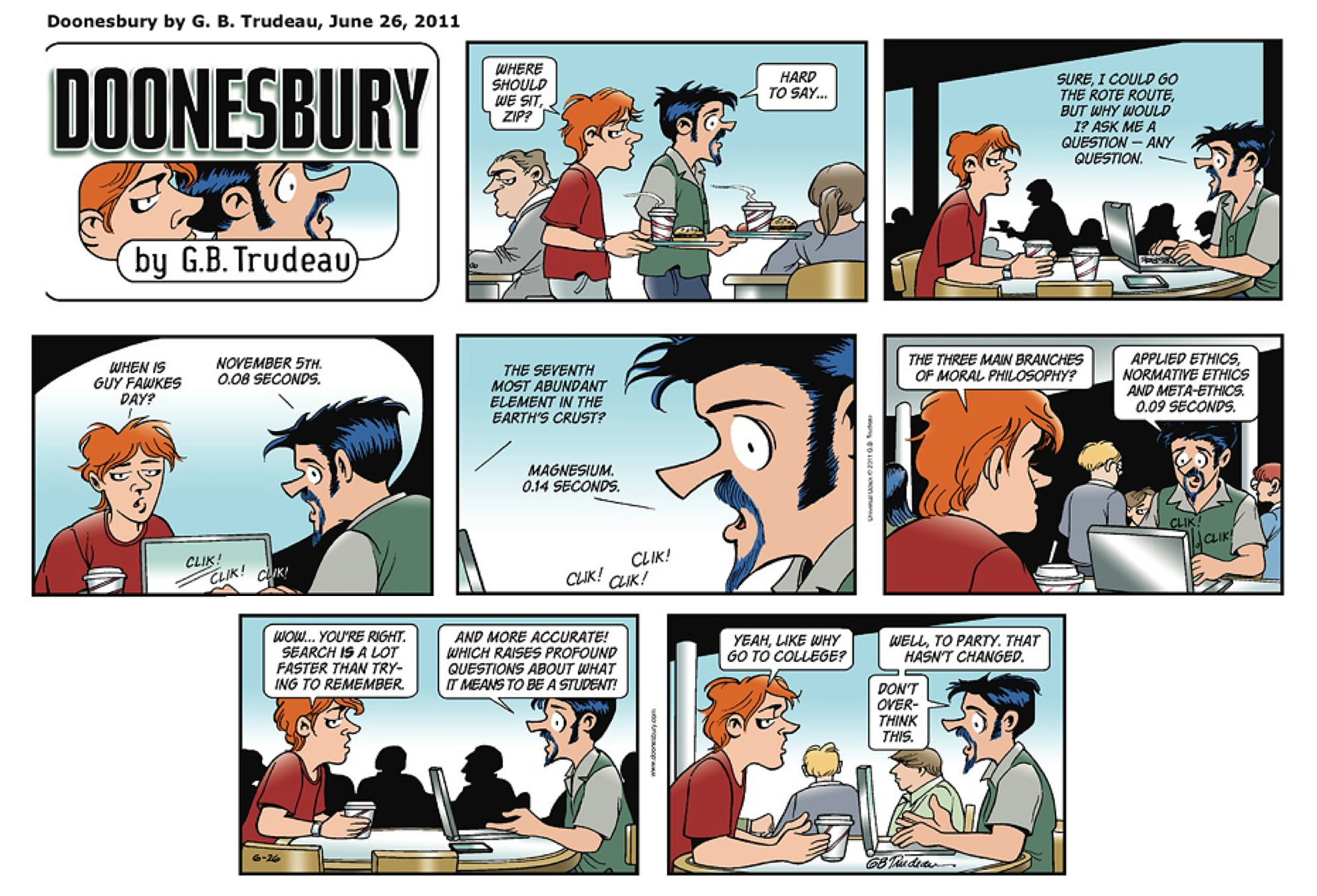![[Brain Image]](../graphics/head_space.gif)
PSY 340 Brain and Behavior
Class 02: Introduction: Overview
and Major Issues (Outline)
|
|
PSY 340 Brain and Behavior Class 02: Introduction: Overview
and Major Issues (Outline) |
|
The Mind and the Body: How are they connected?
Dualism argues that mind AND body are separateMonism argues that there is only ONE thing. Most scientists accept monism.
- Argued by René Descartes (& this view is called Cartesianism)
- Almost ALL philosophers and neuroscientists reject this notion even though it often feels like the right answer.
- Identity Position: Mind & body are actually the same
- Consciousness is an emergent property of what the body does
- Thus, the mind is an activity of the body (that is, the brain).
Easy vs. Hard Problems (David Chalmers)
- Easy Problems
- The Hard Problem
The is a course in biological psychology (also known as psychobiology, physiological psychology, or behavioral neuroscience). It involves
- Physiology deals with tissues, cells, chemicals, systems of the body
- Evolutionary Psychology deals with genetics and how the earth's physical & social environments have shaped our behaviors for reproductive and survival purposes
- Growth & Development: how does the biology of the body interact with the environment to produce both behavior & structures
Fundamental General Points
- Perception occurs in your brain, NOT on your skin, in your eyes, or somewhere "out there"
- Be careful about what you claim is an explanation for understanding the brain and behavior. Correlation ≠ Causation.
What is biological psychology concerned with?
How Do We Explain How or Why an Animal Looks and Acts Like This?
- Physiological: How the body as a machine does things (makes chemicals, moves muscles, etc.)
- Ontogenetic (or Developmental): How behaviors and physical structure actually grow or develop in a specific animal. Influenced by and interaction with genetics, nutrition, AND experience.
- Evolutionary: How a structure or a behavior in different species of animals developed over the course of their evolutionary history. Concerned with how animals are similar in physical structure or behaviors.
- the structure of the brains of all these animals above are quite similar.
- Across evolution, brains become larger and more convoluted (more hills and valleys)
- The "Triune" or Reptilian Brain Is A Myth. The theory claims we have (1) a basic reptile brain, (2) a paleomammalian brain, and (3) a newer "neocortical" brain. Reptile brains did NOT come before mammal brains. They developed along separate but parallel tracks. Thus, mammals did not simply add neocortex to an underlying "reptilian" brain.
- Functional: Why a behavior or a structure evolved or developed as it did. What advantage or benefit comes to us because of the behavior or structure?
- Dogs: Originally domesticated from wolves, dogs show lower levels of fear and aggression. Hence, they can be companions to humans who will care for them.
- Humans: the functional advantage of language
Thus the four explanatory approaches to explain human behavior rests upon physiological, ontogenetic (developmental), evolutionary, and functional points of concern.
Two Important Trends in Contemporary Behavioral Neuroscience (not in book)
1. The "Predictive Brain": The human brain is continually making models of the world around it and updating those models based on moment-by-moment experience (Clark, 2012)
2. The "Extended Mind" Hypothesis: The mind uses objects external to our bodies by incorporating them into the mind's own functioning.

- The Internet (Google and other websites) offers a vast depository of knowledge that can easily be accessed (e.g., iPhone)
- Over the last couple of years, we have begun to see the appearance of apps & websites using AI (artificial intelligence) to answer more and more specific questions. [www.google.com]
There will be other trends that I will talk about in later classes
Research
Usually requires Ph.D.Psychological Practice
Usually requires Ph.D. or Psy.D. though some Master's level jobs are possibleMedicine
Requires MD & additional postgraduate study
Allied Medical
Requires Master's degree or higher
Work in universities, hospitals, pharmaceutical companies, and other research settings
Work in universities & colleges, hospitals, private practice
Work in hospitals, clinics, medical schools, private practice
Work in hospitals, clinics, medical schools, private practice
- Neuroscientist
- Cognitive neuroscientist
- Neuropsychologist
- Neurochemist
- Comparative Psychologist (animal behavior specialist)
- Evolutionary Psychologist
- Clinical Psychologist
- Clinical Neuropsychologist
- Rehabilitation Psychologist
- Health Psychologist
- Counseling Psychologist
- School Psychologist (Master's)
- Neurologist
- Neurosurgeon
- Psychiatrist
- Physician Assistant
- Nurse Practitioner
- Physical Therapist
- Occupational Therapist
- Social Worker
This page was first posted January 18, 2005.